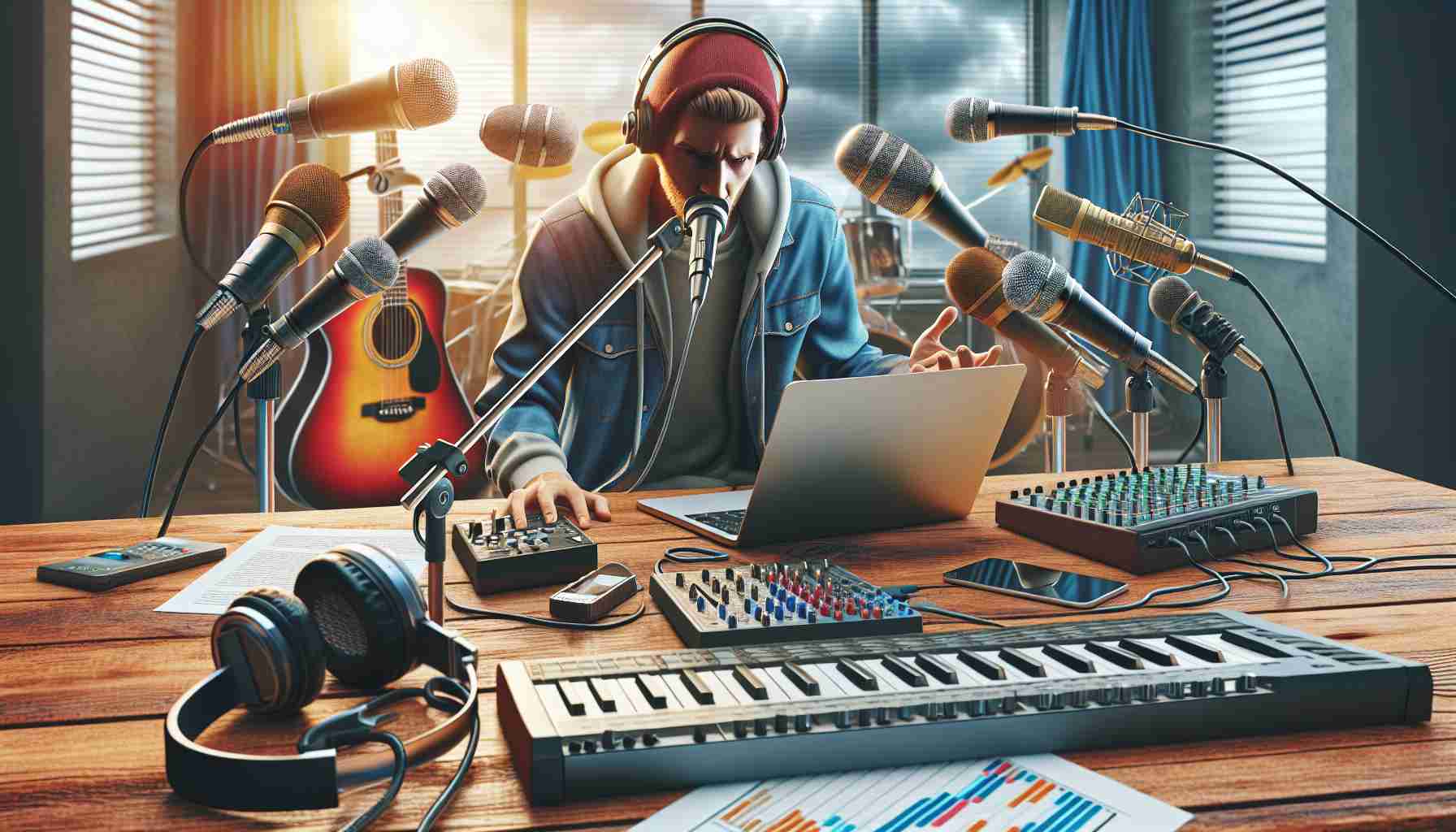Some independent music labels are not happy with the new royalties introduced by Apple for spatial audio, claiming that only the biggest labels with larger resources will benefit from it. Beggars Group, Secretly Group, and Partisan Records, representing artists such as Adele, Phoebe Bridgers, and Vampire Weekend, argue that the new rules will take away potential earnings from them, as that’s how the streaming payout system works.
Last month, Apple began offering artists additional royalties for making their music available in spatial audio format. Artists who release their tracks in spatial audio will receive an additional 10% in royalties, even if no one listens to those tracks. The additional money will come from a pre-established fund that was originally intended for other artists.
Apple will pay artists based on proportional shares. For non-spatial audio tracks, the distribution coefficient will be 1, and for the remaining tracks, it will be 1.1. This means that non-spatial audio tracks will receive a smaller portion of the money compared to other tracks. While those offering music in spatial audio format will earn more, those who don’t may see a decline in their earnings.
An independent music label artist said, “Essentially, it takes money away from independent labels and their artists in order to benefit the biggest players in the market.”
Representatives of music labels told the Financial Times that creating tracks in spatial audio costs $1,000 per track or $10,000 for an entire album. Updating older tracks may be even more expensive. The label’s catalog includes many albums, making the cost of one album ten times higher.
“This benefits the biggest player the most, which is Universal, as they are the only ones with resources to invest in it. Whereas the independent sector… it’s hard for us to justify spending on creating spatial mixes. We don’t want to spend money just because Apple says we should,” the representatives added.
Some managers doubt the artistic value of spatial audio, comparing it to a three-dimensional Mona Lisa that visitors to the Louvre do not prefer.
Since the introduction of spatial audio in 2021, Apple reports that the number of available tracks has increased by 5000%. 80% of the daily top 100 tracks last year were in spatial audio. 90% of Apple Music listeners have encountered it, and the number of streamed tracks has tripled within two years.
Independent labels are in talks with Apple regarding the new royalty system and may take legal action if negotiations do not result in changes to the new policy, sources said.
Frequently Asked Questions
The source of the article is from the blog combopop.com.br
